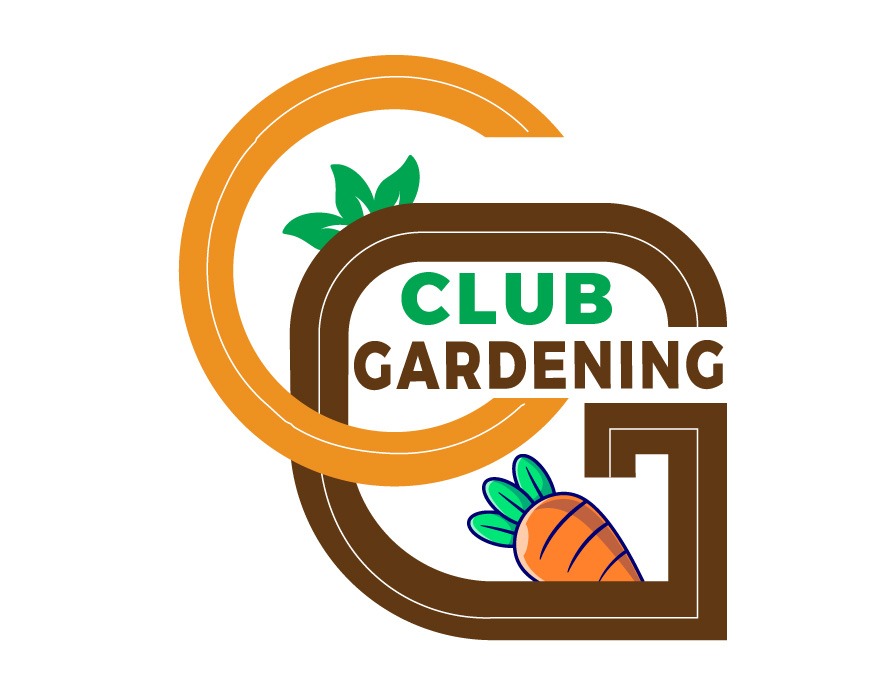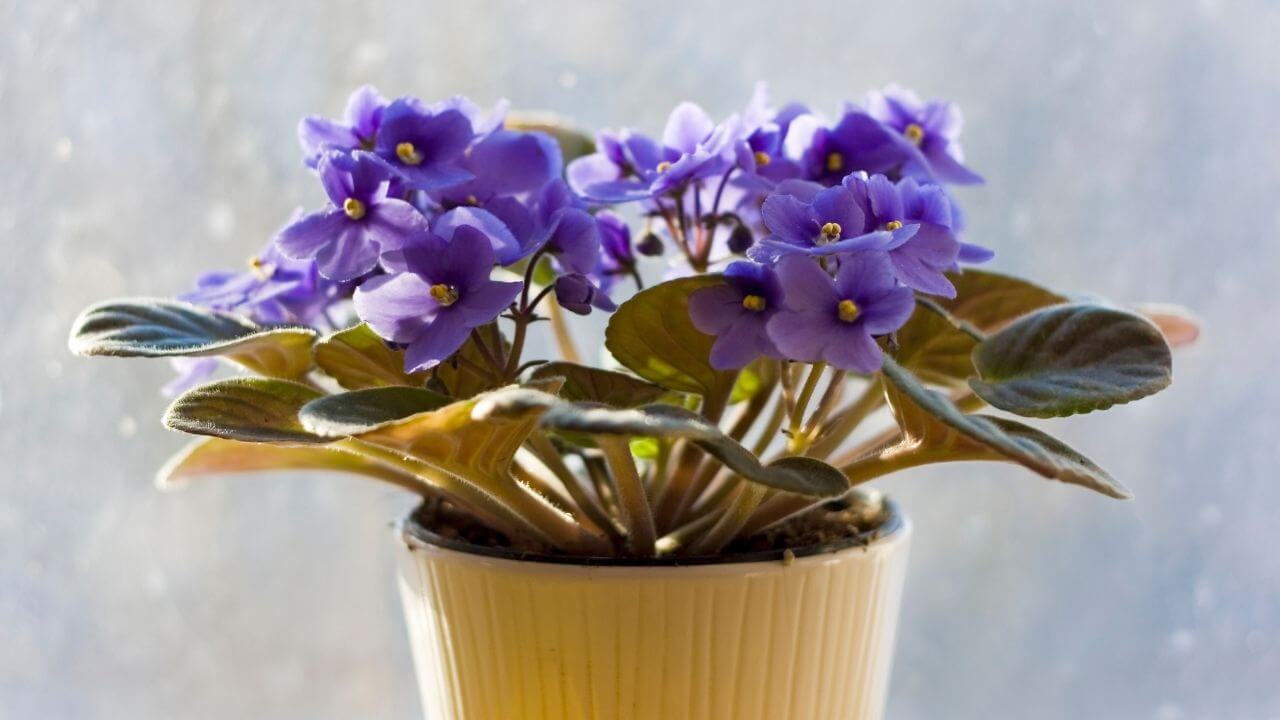African violets are a type of plant that is native to Africa. They are known for their beautiful flowers and ability to thrive in various environments. When you grow African violets, the type of soil you use is one of the most important things to think about. African violets require well-draining soil that is rich in nutrients. So, can you use succulent soil for African violets?
The answer isn’t simple since you can buy different succulent soil mixes at the store. Before we get into the details, here’s a quick answer: As a general rule, you shouldn’t use a typical soil mix for succulents with African violets. They need soil that keeps water in and drains slowly. African violets need soil that will hold onto moisture for a longer period. Therefore, I would strongly advise against using succulent soil for African violets.
This blog post will discuss the best type of soil for African violets and how to use it. Stay tuned to learn more!
Quick Navigation
- 1 Comparison Of Soils
- 2 Succulent Soil Mixes With Lots Of Peat Moss Are Good For African Violets
- 3 You Can Always Make Your Succulent Soil Fit For African Violets
- 4 What Differentiates African Violet Soil From Common Potting Soil?
- 5 What Is The Ideal Potting Soil For African Violets?
- 6 Learn The Secrets To Homemade African Violet Potting Mix
- 7 Most Commonly Asked Questions
- 8 Final Thoughts
Comparison Of Soils
| Soil Type | Benefits |
| Perlite | Perlite is porous and absorbs water but also increases drainage, making it great for composting. Perlite is ideal for cuttings and seeding. |
| Peat Moss | Peat moss is a great soil amendment. It softens clay and heavy soils that compress and increases drainage. Peat moss keeps sandy soil moist and nourishes plant roots. |
| Black Peat | It is capable of draining and absorbing a significant amount of water. It has a capacity for long-term water storage. |
| Chunky Peat | Most effective at retaining humidity. |
| Horticulture Grade | Increased plant health, increased production, natural pest control, and reduced biotic and abiotic stress on the plant are the results of using this product. |
| Fine Peat Moss | Because it retains a large amount of moisture, it is ideal for plant propagation. |
| Coco Coir | Coco coir can help with the development of texture as well as the retention of moisture. |
| Calcium Carbonate | Even though it’s not soil, it’s an important part of the soil for African violets because it keeps the plants’ pH levels even. |
Succulent Soil Mixes With Lots Of Peat Moss Are Good For African Violets
Many different things on the market are sold under the name “succulent soil mix.”
But suppose you go through each one in order. In that case, you will notice something very important: the substances used in each one are different, and often in very important ways.
For example, you can buy “succulent and cactus soil mix” mixtures of as much as 50% peat moss. Peat moss maintains moisture. If you do that to a succulent, it will die, but if you do it to an African violet, it will do great.
The point I want to make here is that while a great succulent soil mix isn’t ideal for African violets, most commercial succulent soil mixes aren’t that great and are better for other plants, including African violets. This is what I want to get across. To get the most out of African violet,
I suggest mixing peat moss and inorganic materials, half peat moss and half inorganic materials. It doesn’t matter to me what they call it.
You Can Always Make Your Succulent Soil Fit For African Violets
You may have bought a large pack of succulent soil and have more than half of it stashed away in your storage shed. Now that you have an addiction to African violets, you do not want to buy another large sack of specialized soil because you know you will end up storing most of it in your garage. Since there is no available room, there is no point in wasting money on something that won’t work anyway. I have some excellent news: the soil you use for your succulents may easily be modified to accommodate the requirements of African violets. And there is no complex mathematics involved.
Be sure to add sufficient peat moss or comparable material, such as high-quality compost soil, ideally one from your garden, to the mixture so that organic material accounts for at least half of the soil. The rest does not make a difference. It doesn’t matter whether the producers of succulent soil mix use coarse sand, perlite, pumice, or even Vermiculite; African violets will thrive in any of these mediums. Producers truly utilize a variety of substances in a succulent soil mix.
Do not worry if you plant your African violets in gritty succulent soil mixed with 20% organic material. You can repot your plants again and again. You have a workaround here.
In soil lacking nutrients, you can nourish violets using a specific fertilizer like this one from the market. To ensure soil humidity and wetness, water your plants more often. However, it’s not great.
First, African violet fertilizers are expensive, and using them more makes plants less cost-effective. However, life should be simple. The best African violet setup—or any plant setup—requires minimal care from us. To avoid fertilizing and watering African violets, plant them in a soil mix that suits them.
What Differentiates African Violet Soil From Common Potting Soil?
A few key differences set African violet soil apart from your standard potting mix.
- It must contain at least half organic material, such as peat moss or high-quality compost soil. This is important for providing the nutrients that African violets need to thrive.
- The best soil for African violets is one with a pH level between 5.8 and 6.2. Soil with a pH of 7 is considered neutral, and most regular potting mixes also have a neutral pH. Most soils made for African violets will have some peat moss in them because peat moss is very acidic.
- African violet soil must be well-draining to keep the roots of the plants healthy. This is achieved by adding a variety of inorganic materials, such as coarse sand, perlite, or pumice.
- Finally, African violet soil differs from regular potting soil because it has a higher pH level and more organic matter. This is because African violets need more alkaline soil to grow well. They also prefer soils high in organic matter. If you try to grow African violets in regular potting soil, they may not bloom as well, and their leaves may be smaller than normal.
What Is The Ideal Potting Soil For African Violets?
Potting soil may make or break an African Violet. African Violets prefer well-drained, somewhat acidic soil. However, household humidity is significant. To prevent soil from drying out in dry conditions, use organic potting soil.
1. Miracle-Gro: Miracle-Gro African Violet Potting Mix is the soil made for African Violets by professionals. This mix gives African Violets the right drainage, airflow, nutrients, and natural color. Potting mix mixed with soil from a garden or flower bed. But more mixing makes the quality worse. Different houseplants are grown in this African Violet potting mix. Since each bag holds 8 dry quarts of soil, you need more bags to use it on a large scale. It can attract flies, so if it’s not going to be used immediately, seal the bag tightly and store it properly.
2. Sun Gro Horticulture Black Gold: Sun Gro Horticulture’s Black Gold African Violet Mix is another great mix used for any indoor flowering plant. Some of its helpful parts are sphagnum peat moss, perlite, volcanic pumice, earthworm castings, and dolomite lime, which helps control the pH of the soil. African Violets like slightly acidic soil, so this potting mix has dolomite lime. “Black Gold” is worth its name because it has everything an African Violet needs to grow. It drains well and is rich, dark, and full of minerals and organic compounds.
3. Espoma Organic: Especially African Violet Organic African Violet Potting Mix is made by Espoma. Because it drains well and lets air in, it helps the roots grow and soaks up enough water for these plants. Its natural parts are Yucca extract, aged humus, limestone, decomposed rice hulls, peat moss, and between 35% and 45% Canadian Sphagnum. Because it is organic, Espoma Organic African Violet Potting Mix works well for other houseplants. Since there are no chemicals in this mix, it can grow mold, so keep it in a good way.
4. Hoffman Organic: The other best African Violet soil mix for me is the Hoffman Organic African Violet Soil Mix. This mix is made for African Violets in general. It helps the roots grow, the flowering cycle lasts longer, and the plant grows as well as possible. The Hoffman Organic African Violet Soil Mix parts are natural and allow water to drain well. This mix is organic because it has perlite, sphagnum peat moss, and earthworm castings. This organic mix gives soil nutrients and organic materials to African Violets. Soil that is ready to use has everything a plant needs. The box contains all the information you need to plant or move an African Violet.
What Type Of Soil Is Best For Growing African Violets?
In my opinion, miracle-African Gro’s Violet Potting Mix is the best soil for growing African violets. It has a mix of peat moss, vermiculite, and perlite made just for it. It is slightly acidic and has slow-release nutrients for bigger, brighter blooms.
If you want to mix soil for your African violets, do so according to this formula:
- 2 cups peat moss. 50%.
- 1 cup vermiculite. 25%
- 1 cup perlite. 25%
Add an African violet fertilizer with nutrients and humic and fulvic acids to ensure the soil has the right pH level. A regular fertilizer will not do.
My favorite fertilizer is African Violet Focus, but it is hard to find in the US. Miracle-Gro Blooming Houseplant Food is my next best choice.
Learn The Secrets To Homemade African Violet Potting Mix
The first step is to put all of the ingredients through pasteurization, which kills any germs, diseases, bugs, or weed seeds that might be in there.
Even though it might seem hard, pasteurization is a very easy thing to do.
- Start by heating your oven to 180 degrees Fahrenheit or 82 degrees Celsius. At this temperature, It will kill harmful bacteria and other contaminants. Still, the important parts won’t get fried or damaged in any other way.
- While the oven is heating up, you should wet the mixture and spread it out in an even layer on a baking sheet. To use peat moss instead of other materials, you must wet it well before mixing it with the other parts.
- Cover the baking pan that will go into the oven with aluminum foil before putting the mixture in the pan and putting it in the oven. After this is covered, please put it in a preheated oven for 45 to 60 minutes.
- To keep good microorganisms from dying, you must take temperature readings with a cooking thermometer. Ensure the mixture never gets hotter than 180 degrees Fahrenheit or 82 degrees Celsius.
- After you take the baking sheet out of the oven, remove the aluminum foil, let the mixture cool, and sit outside for four days. Mix it up several times daily to make the soil more oxygen.
- The soil you made for your African Violets is now ready to use after being aired for four days.
- It would help if you kept the leftover mixture in a dry, cool place in a container or bag that you can’t open from the outside.
Most Commonly Asked Questions
What Kills African Violets?
African violets can get diseases like root rot, fungal overgrowth, and bacterial spot, which can kill them. To prevent these problems, keep your violets’ soil mix moist. Soil that grows succulents has a lot of organic matter and can keep water. This keeps the roots healthy and keeps them from drying out. Adding bark chips or other organic materials to the soil will help absorb nutrients and hold onto water.
When Should You Repot An African Violet?
It would help if you moved African violets to a new pot about every 5-6 months or twice a year. Once the plant is old enough, you just put it back into the same size pot with new soil, depending on how big and strong the plant is. The best soil for these plants is one that drains well and has been composted or added to with a balanced fertilizer. When repotting, carefully remove the old soil and put in new soil. Make sure the new soil is damp but not wet. Give the plant plenty of water and a spot in full sun or some sun.
How Long Do African Violets Live?
African violets are a type of flowering plant that grows in eastern Africa. They are a popular houseplant because they don’t need much care and can bloom all year. African violets can live for a long time if they are cared for well. Some plants have even been known to live up to 50 years.
Do African violets like direct sunlight?
African violets do not like direct sunlight. Therefore, succulent soil is a great option for growing these plants. Succulent soil is high in organic matter and has a lot of moisture, perfect for African violets.
Can I Use Orchid Soil For African Violets?
No, Orchid soil is too dense and lacks the nutrients for African violets. African violet soil should be light and fluffy, with good drainage and a high percentage of organic matter. Keeping the pH level around 6.0-6.5 for African violets is also important.
Final Thoughts
There is no simple solution to the topic of whether or not succulent soil is beneficial for African violets. Many items for sale online or in physical stores are labeled succulent soil mix; some of these mixes may include an appropriate blend of organic and inorganic ingredients for African violets. These items aren’t ideal, but it’s not your issue that succulents can’t use them. I hope your plants thrive.

My name is Md Deloar Hossain and I’m the creator of Club Gardening, designed for all your gardening ideas, gardening product reviews, and a place to help you find the best gardening experience possible.


